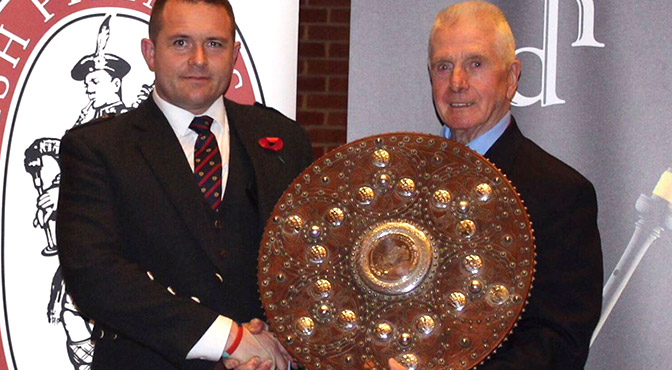
Thank you to the thousands of readers we had yesterday for my piece on the insult suffered by Senior Adjudicator Barry Donaldson. Thanks too for all the comments. No true friend of Barry’s can be happy at this situation and I would invite those so inclined to send him a message of support. The silence in some quarters has been deafening – as expected.
Here are a few of the messages posted so far:
Richard Russell: You are a great teacher, one of the best – l learned the craft under your P/M ship. Don’t let this lot upset you although I understand it is hurtful.
Sean Gallagher: Barry, you are still one of the best tutors I have had to date (lining up with Joe Wilson, Robert Watt, Craig Munro, Stuart Cassells et al), and I am sure everyone in Germany, who was lucky enough to share that experience will agree.
Dougie Wilkinson: You’ll look far and wide to get a better tutor than Barry Donaldson. His knowledge is fantastic and his piping career speaks for itself.
Iain McAlister: Two cups of coffee, two people and a locked door would be how I would resolve this one!
 The RSPBA have added new tunes to their list of prescribed strathspeys for Grades 4a and Novice A. Tunes added for 2018 are Castle MacGillivray, Edinbane, Maids of the Black Glen and Lady Carmichael’s Strathspey. Click here for the full list.
The RSPBA have added new tunes to their list of prescribed strathspeys for Grades 4a and Novice A. Tunes added for 2018 are Castle MacGillivray, Edinbane, Maids of the Black Glen and Lady Carmichael’s Strathspey. Click here for the full list.
Thought it was worth re-running some of the comments on the writing of 3/4s:
Stewart Gardiner: An interesting subject but I can’t quite get my head round it. I can’t see how anyone can now look at a pipe tune possibly composed 100 years ago and say with any confidence that the music notation is wrong. Not only do they know how it should be written, but how the long dead composer intended it to sound. It would certainly take a braver man than me.


Rod Nevin: It’s good to be considerate of what the composer intended as you say. But this seems to be a simple matter of someone printing the tune incorrectly and that mistake getting passed along, such as with Green Hills. It’s obvious that the first two notes are pickups to the main beat once you hum the tune to yourself. The strong beat is the longer note, which should be the first beat of a 3/4 tune. And Green Hills of Tyrol is actually based on music written by Rossini for his opera, William Tell. You can be sure Rossini knew what he was doing when he wrote the music.
[wds id=”6″]
Stewart Gardiner: I’m afraid I’m still not convinced. If it is so obvious that the first two notes in these tunes are ‘pickups’ why have so many bands been playing these tunes incorrectly for so long? If it was a simple case of these tunes being badly set in the Guards Book 1, why was this not highlighted as soon as the book was published and corrected in the next edition? I think you are pretty much saying that every P/M who las led their band to a win at the World Championships in the past 40 or 50 years, didn’t know what they were doing. Brave indeed!
Andy Reid: I can imagine it being an Army influence, since it seems where the stated evidence of the divide is; you’d be surprised what pressure and influence non-musical idiot RSMs and lower ranking officers can have on the Pipes & Drums in terms of bullying out tradition by force. Just look at the eradication of the jaunted glengarry. Likely a result of some eejit going ‘aw, would it not just be smarter straight and even on the head?’
Rod Nevin: I think it’s a matter of Scottish Military Piping Tradition clashing with basic musical elements. I am not saying everyone is wrong, and obviously that’s not the point of the article, as was pointedly stated at the conclusion of the article….The strong beat (left foot) is not always going to be on ‘one’. It will shift throughout, so the point of finding where the strong beat is does become muddled a bit because of that. I believe the desire is, for the sake of the music, to have the music accurately written given standard musical conventions. Same goes for When the Battle’s O’er, The Wearing of the Green, and all other marches that begin with an anacrusis.
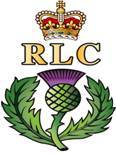 The January 1 Pipe Band Magazine will have a feature on the old 153/154 Regiment Pipes and Drums (now the Royal Logistics Corps). WO1 (RSM) Stuart Bowie of the RLC points out that the band currently has one piper on the Pipe Majors Course at Inchdrewer House. He’s Ross McNaughton who is obviously finding it of great benefit, picking up a handsome shield in his first CLASP competition in London last month after winning both Piobaireachd and March sections of the Grade 1 contest. Ross is pictured up top receiving his award from Chelsea Pensioner Davy Methven.
The January 1 Pipe Band Magazine will have a feature on the old 153/154 Regiment Pipes and Drums (now the Royal Logistics Corps). WO1 (RSM) Stuart Bowie of the RLC points out that the band currently has one piper on the Pipe Majors Course at Inchdrewer House. He’s Ross McNaughton who is obviously finding it of great benefit, picking up a handsome shield in his first CLASP competition in London last month after winning both Piobaireachd and March sections of the Grade 1 contest. Ross is pictured up top receiving his award from Chelsea Pensioner Davy Methven.
[wds id=”3″]


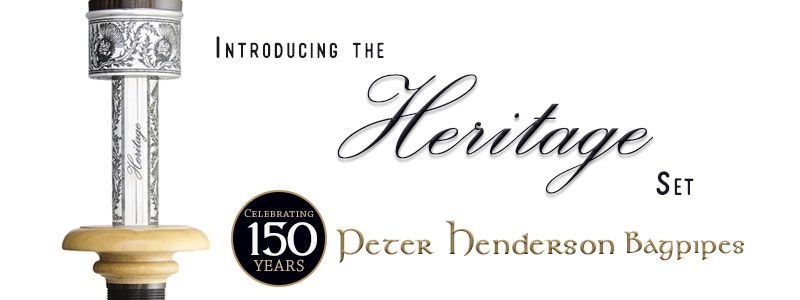

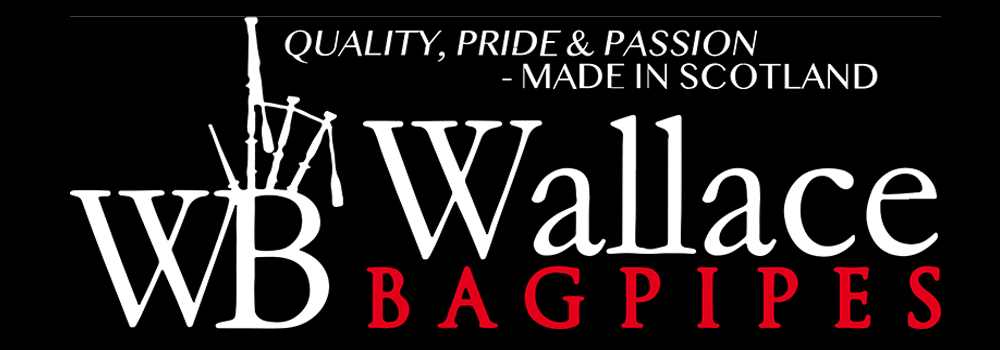




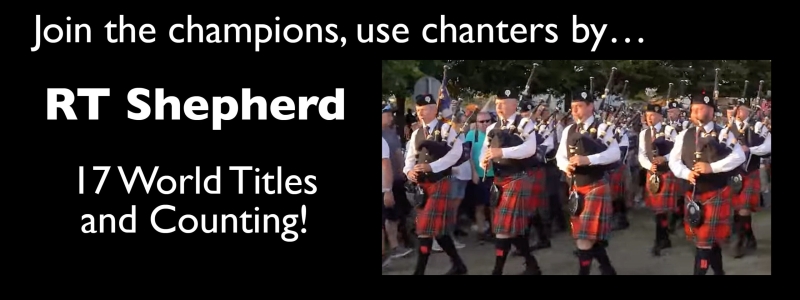
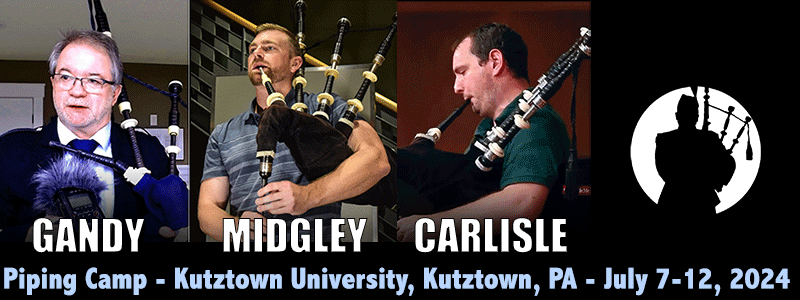


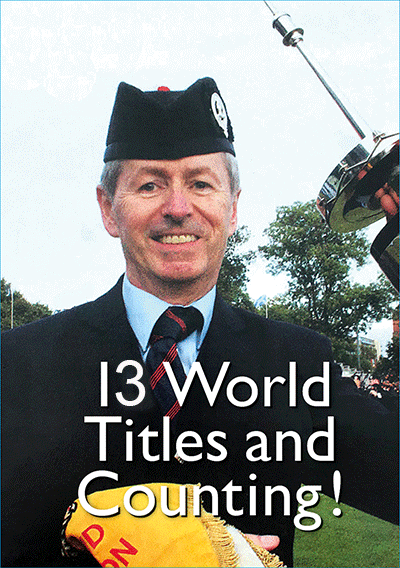

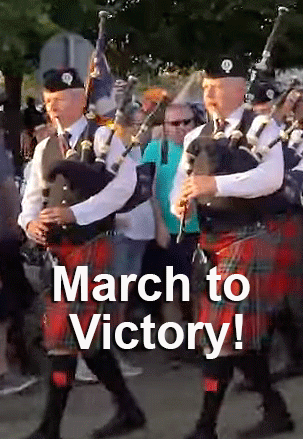







Stewart Gardiner — when you speak to many of the top pipers and Pipe Band leaders they’ll tell you themselves that music theory wasn’t really high on the agenda when they were learning and even though they themselves learned from top people, the placement of bar lines and the finer points of music notation and theory weren’t really a big thing that was focussed on. Exact placement of certain notes in embellishments and all the finer details of the actual playing yes, but not the theoretical side. So it was easy for the error just to slip by, copied relentlessly through the years, and repeated over and over without anyone questioning it really. So I don’t think anybody’s trying to be ‘uppety’, not that you were suggesting that, but just merely pointing out an anomaly that’s more obvious to people outwith piping but less so to those within it.